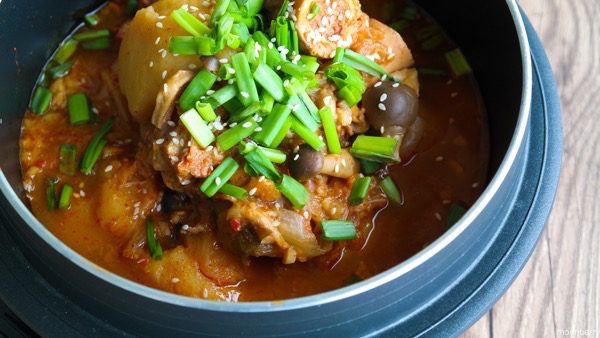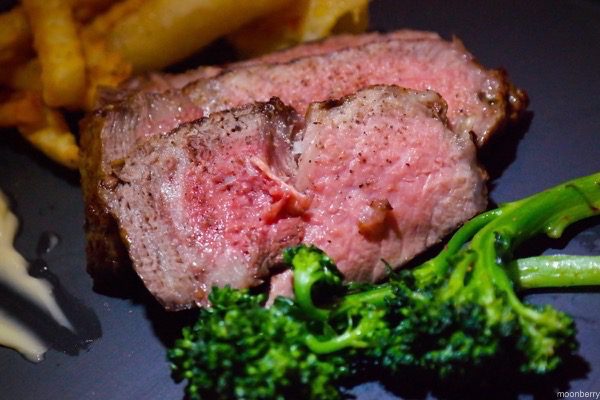Back in 1958, a Chinese chef Chen Kenmin in Japan started Akasaka Szechwan Restaurant, or widely known as Shisen Hanten, advocating the appreciation of Sichuan food through the five senses. He passed down this legacy to his eldest son, Chen Kenichi – familiar to most as Iron Chef Chinese in the popular Japanese cooking match series on television “Iron Chef” (料理の鉄人, Ryōri no Tetsujin). Chen Kenichi further imbued his personal touch to the Shisen Hanten brand by creating signature dishes that emphasized seven basic flavors: sour, pungent, hot, sweet, bitter, aromatic, and salty – establishing the distinct boldness of Sichuan food. With that, the family business expanded to a chain of 14 branches all across Japan.
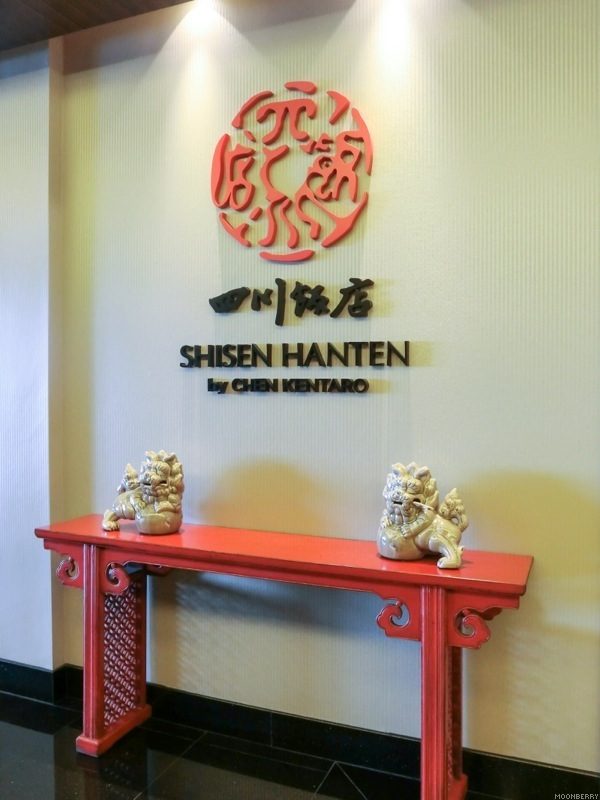
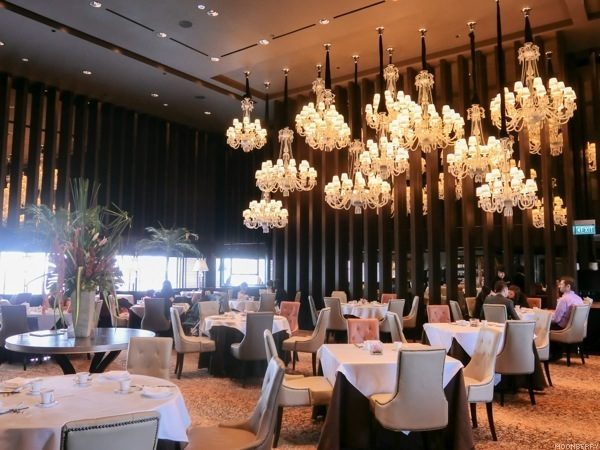
The first Shisen Hanten to be outside of Japan, this Sichuan restaurant can now be found at Mandarin Orchard Singapore and helmed by Chen Kenichi’s son, Chen Kentaro, who followed in his father’s footsteps and picked up tools of the trade through learning from his father and then honing his skills in Sichuan, China for three years. In his own right, the young third-generation chef is a rising star himself in Japan’s culinary scene.

Shisen Hanten by Chen Kentaro at Mandarin Orchard Singapore is a majestic dining hall on the 35th floor boasting a multi-million dollar interior, complete with chandeliers and classic Chinese artworks juxtaposed against contemporary plush furnishings.
Signature dishes such as Chen’s Mapo Tofu (an original recipe perfected over the years amongst three generations of celebrity chefs), Stewed Fish Fillet in Super Spicy Szechwan Pepper Sauce, Chen’s Original Spicy Noodle Soup will merrily hit the spot for those with fiery appetites.
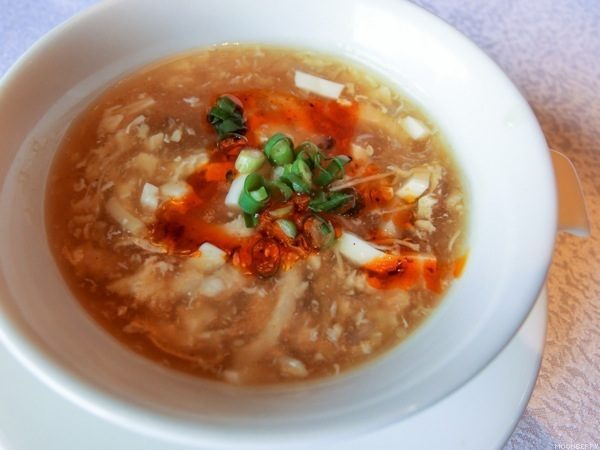
Personally I enjoyed the Szechwan Hot and Sour Soup tremendously. With just the right balance of sourness, two different spicy kicks from pepper and chili oil, then the tender strips of pork, pillowy tofu, and slippery glass noodle suspended in thick broth, this soup did a beautiful job of romanticizing my association of hot and sour soup and New York winters as a college freshman. Comfort. Nostalgia.
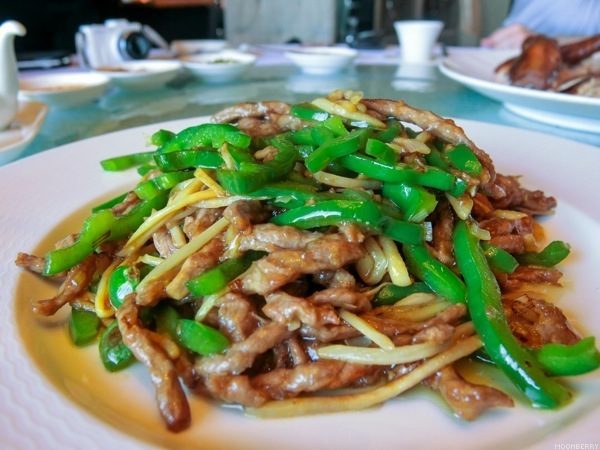
The Stir-fried Beef Sirloin with Green Pepper is also exceptionally well-executed. While this isn’t a spicy dish, the flavorful sirloin strips commingling with julienned green pepper is a very palatable relieve from the other fares that set tongues ablaze.
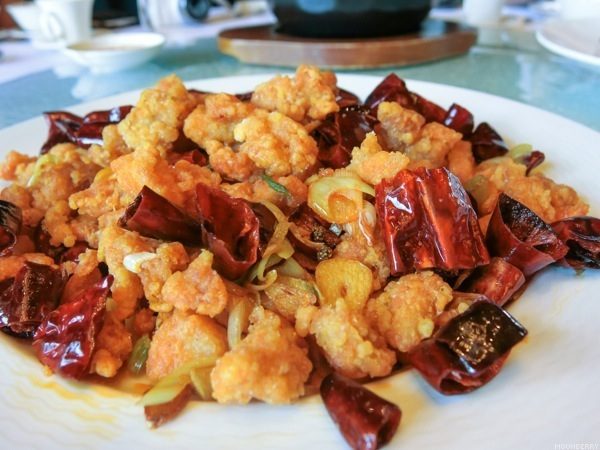
Which brings me to Sautéed Chili Pepper and Chicken. Disguising as tiny morsels of fried chicken nested amongst a garnish of blistered dried red chili, one bite sent an unapologetic kick of fire-alarm-spiciness to my tastebuds. I rode the waves of crunchiness, crispiness, saltiness, an intoxicating fragrance of Szechwan peppercorns, followed by spiciness hotter than hell (I imagine there are acres and acres of chili plantations in hell), and then a numbness settled in – an abrupt crash after a surge of high.
And this, boys and girls, is the masochism of Sichuan food. It seduces you, it burns your tongue, it makes your nose drip, it tantalizes you, but gawd dayamn, that plate of fire is so delicious you are begging for more. Therefore you pop another bite to relive that high, before crashing again, so you pop another bite… and so on and so forth. You get the idea. Dying and feeling alive at the same time.
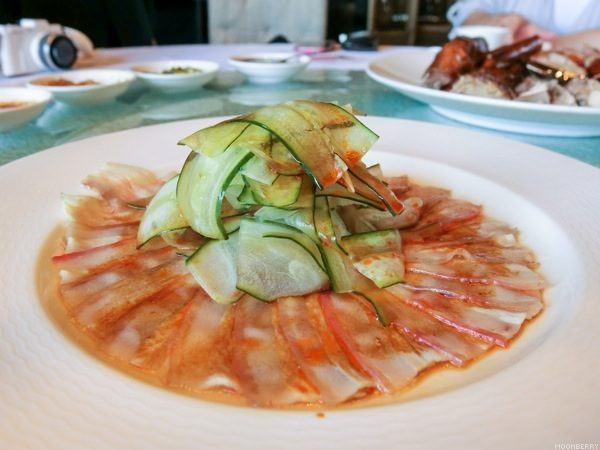
Steamed Pork with Spicy Garlic
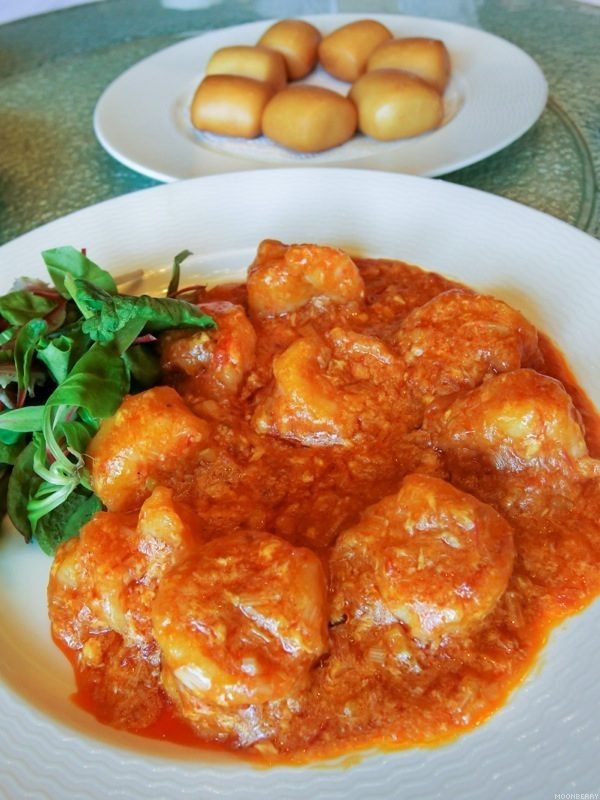
Stir-fried Prawn with Chilli Sauce
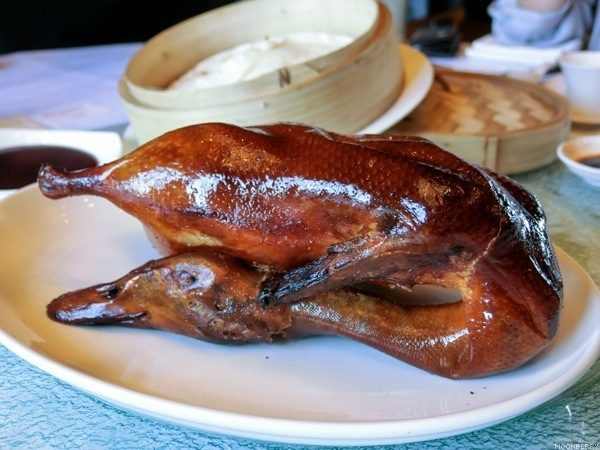
Peking Duck
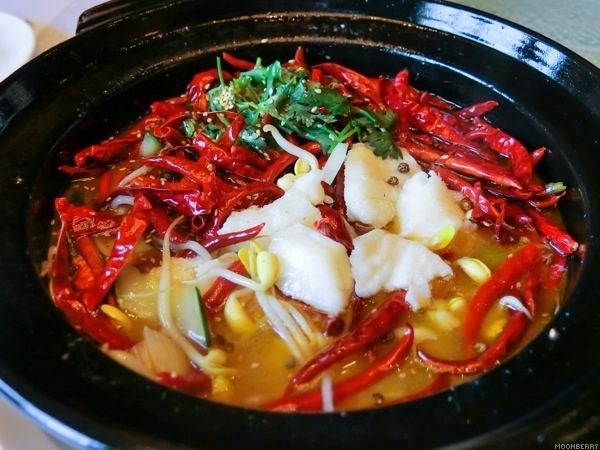
Stewed Fish Fillet in Super Spicy Szechwan Pepper Sauce
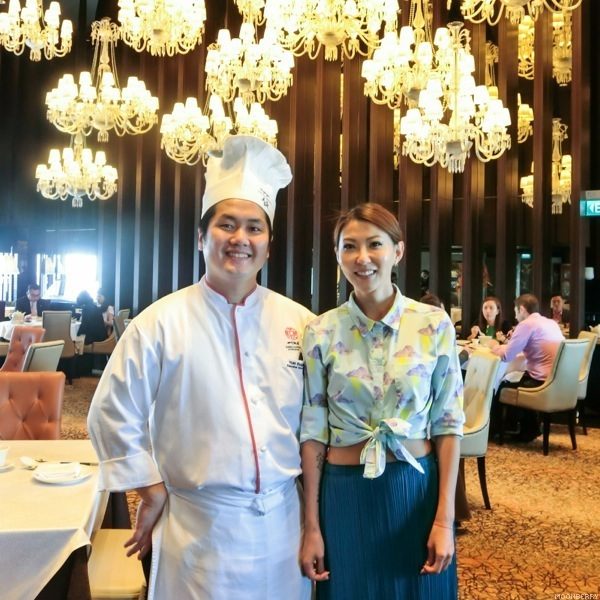
Chef Chen Kentaro


